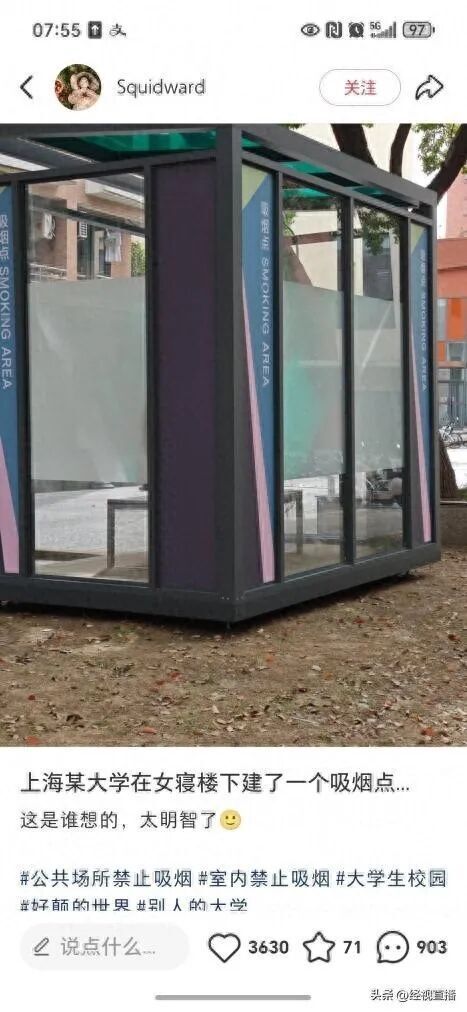Making Money from Old Books (How to Deal with Unused Old Books)

Introduction
Many people have a collection of old books that they no longer need or use. Instead of letting these books collect dust on the shelves, there are several ways to make money from them. In this article, we will explore the different methods for dealing with unused old books and turning them into cash.
1. Selling Online
One popular option for disposing of old books is by selling them online. Platforms like Amazon, eBay, and various book trading websites provide a convenient way to reach potential buyers. By creating a detailed listing and including attractive photos, sellers can attract more customers. Additionally, online platforms often have a wider reach, allowing for a higher chance of finding interested buyers.
2. Trading with Local Bookstores
Another option for getting rid of old books is by trading them with local bookstores. Many independent bookstores have programs in place where they accept used books in exchange for store credit or cash. This is a great option for those who prefer a hassle-free process and want to support local businesses. Additionally, it provides an opportunity for book lovers to discover new titles while getting rid of their old ones.
3. Participating in Book Swaps and Book Fairs
Book swaps and book fairs are organized events where individuals can exchange their old books with others. These events are not only a great way to clear out unwanted books but also a chance to meet fellow book enthusiasts. Book swaps often have a theme or specific genre, which makes it easier to find books that are of interest. Book fairs, on the other hand, bring together multiple vendors and can attract a large number of buyers.
4. Donating to Libraries and Charities
For those who are not primarily interested in making money from their old books, donating them to libraries and charities is a noble option. Libraries are always in need of new additions to their collections, and donating books can help support educational programs and initiatives. Charities, such as those focused on literacy, also accept book donations to provide reading materials to underprivileged communities.
Conclusion
Unused old books can be turned into cash or put to good use through various methods. Selling them online, trading with local bookstores, participating in book swaps and fairs, or donating to libraries and charities are all effective ways to deal with unwanted books. It's important to choose the method that suits individual preferences while also considering the potential impact on the community. By taking action and finding a new home for these books, we not only declutter our own space but also contribute to a more sustainable and literate society.
旧书闲置的必要性和可能性

旧书作为一种文化遗产和知识财富,对于社会的发展和个人的成长都具有重要意义。随着科技的进步和互联网的普及,越来越多的人选择将旧书闲置起来,这引发了人们对于旧书闲置的必要性和可能性的思考。本文将从多个角度探讨旧书闲置的意义和潜力。
1. 旧书闲置的必要性
旧书闲置的必要性主要体现在以下几个方面:
a. 空间利用:旧书占据大量的存储空间,闲置的旧书不仅占据家庭或机构的空间,也会增加仓库的负担。将旧书进行闲置,可以释放出空间供于其他用途,提高空间的利用效率。
b. 资源回收:旧书闲置可以实现资源的再利用,减少资源的浪费。通过旧书的回收、再销售或捐赠,可以让他人获得知识,延长书籍的使用寿命,减少纸张和印刷品的消耗。
c. 个人价值:旧书对于拥有者来说,可能已经阅读过或者不再需要,但对于其他人来说,却可能是宝贵的资料。通过闲置旧书的方式,可以为他人提供学习和阅读的机会,共享知识与智慧。
2. 旧书闲置的可能性
旧书闲置的可能性主要表现在以下几个方面:
a. 二手书市场:随着二手书市场的兴起,越来越多的人开始关注和参与旧书的交易。通过二手书市场,旧书可以找到新的主人,实现资源的再利用,同时也为买家提供了更为经济实惠的购书方式。
b. 图书捐赠:许多机构和个人都积极参与图书捐赠活动,将闲置的旧书捐赠给学校、图书馆或公益机构。通过图书捐赠,旧书可以为需要的人群提供阅读机会,促进阅读习惯的养成和知识的传播。
c. 线上共享平台:随着互联网的快速发展,出现了许多线上共享平台,提供了让旧书闲置起来并与他人分享的机会。通过线上共享平台,旧书可以通过借阅或交换的方式,为读者提供更多选择,同时也减少了资源的浪费。
旧书闲置对于社会和个人都具有重要的必要性和潜力。通过合理闲置旧书,可以节约空间和资源,促进知识的共享和传播。在二手书市场、图书捐赠和线上共享平台的支持下,旧书闲置的可能性得到了拓展。让我们共同关注旧书闲置的价值,为旧书找到新的用途和主人,让知识的力量得到更广泛的传承和发展。
如何处理闲置旧书英语作文
How to Deal with Idle Old Books - An Industry Article

Introduction
In today's fast-paced world, where technology rapidly evolves and new knowledge is constantly being produced, old books often find themselves abandoned and neglected. Nevertheless, these idling resources can still be put to good use. In this article, we will explore various methods and strategies for handling idle old books, specifically focusing on English compositions. Through a systematic examination that includes definition, classification, examples, and comparisons, we seek to offer a clear, objective, and professional approach to dealing with this issue.
1. Definition and Categorization
The first step in tackling idle old books is to establish a clear understanding of their nature and different categories. Idle old books can be identified as those that have not been utilized or read for an extended period. Categorizing these books is crucial as it allows for a more effective approach to handling them. They can be divided into two main categories books with outdated content and books that are still relevant but no longer needed by their current owners. By recognizing the specific category to which a book belongs, appropriate actions can be taken to give them purpose again.
2. Repurposing
One effective way to deal with idle old books is to repurpose them. Books with outdated content can be transformed into historical references or donated to museums and educational institutions. By doing so, these books find new life as valuable resources for academic research or cultural preservation. Additionally, books that are no longer needed by their owners can be repurposed through donation or exchange programs. For example, book drives organized by schools or community organizations provide an opportunity for individuals to contribute their idle books to those who may find them useful.
3. Recycling
While repurposing is an ideal solution, some idle old books may not have significant value or find a suitable recipient. In such cases, recycling becomes a practical option. Recycling old books helps reduce waste and promotes environmental sustainability. The paper and cardboard materials can be processed and reused in various industries, such as paper manufacturing or packaging production. By utilizing recycling facilities, the negative impact of idle old books on the environment can be mitigated.
4. Digital Transformation
In the digital age, another approach to handling idle old books is to undergo digital transformation. By converting physical books into electronic formats, accessibility and preservation can be greatly improved. Digital libraries or online platforms provide virtual spaces for these transformed books, ensuring their longevity and availability to a wider audience. Moreover, digital transformation allows for easy searchability, annotation, and sharing, enhancing the overall reading and learning experience.
Conclusion
In conclusion, idle old books pose an opportunity for us to embrace sustainable practices and utilize resources effectively. By repurposing, recycling, or undergoing digital transformation, idle old books can find new purposes or be reintegrated into the reading ecosystem. With a clear and systematic approach, we can ensure that these books continue to contribute to knowledge dissemination, cultural preservation, and environmental responsibility. Let us all take part in handling idle old books and make a positive impact on the world around us.




























